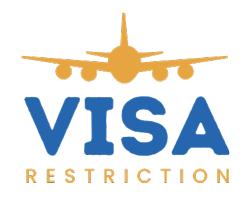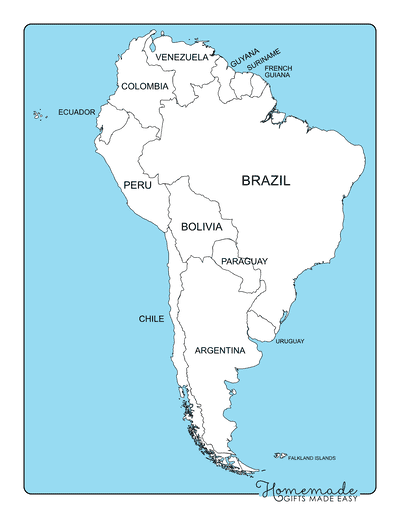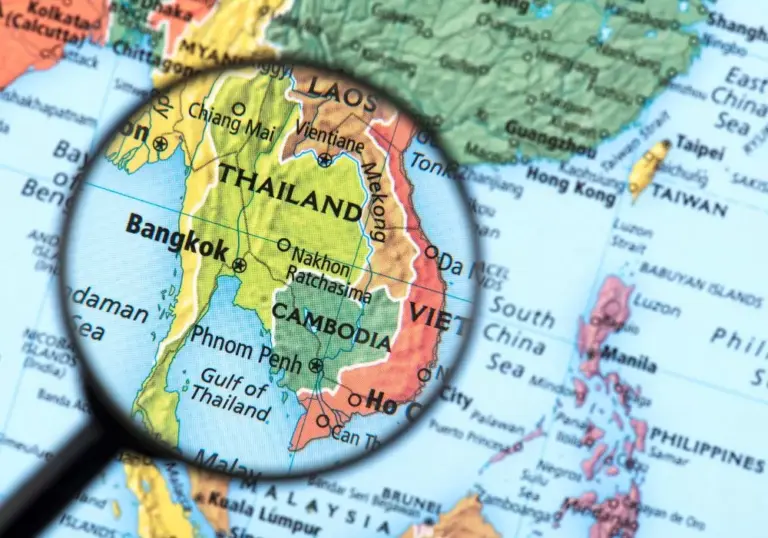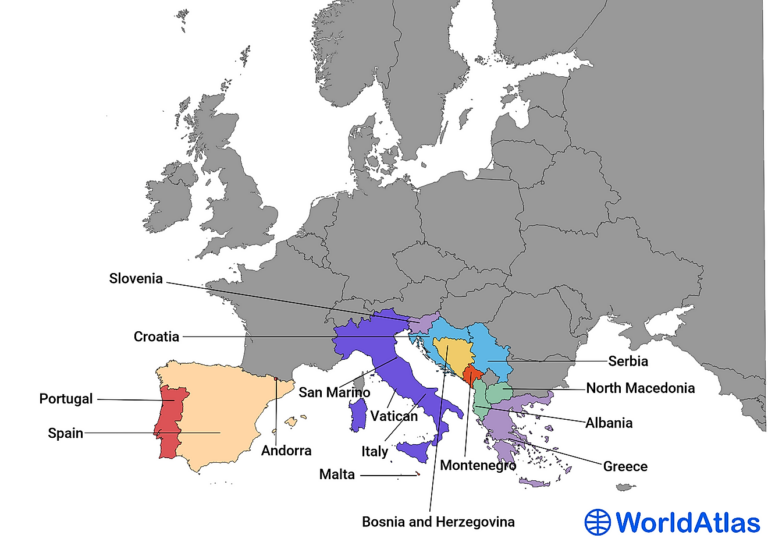Iraq Neighbouring Countries and Middle East Map
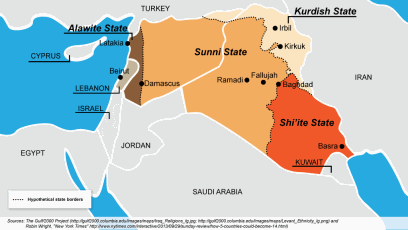
Iraq’s Neighboring Countries
Getting to know Iraq’s neighbors gives a peek into its lively culture and economy, plus some political twists and turns. Iraq rubs shoulders with big Middle Eastern players, folks whose dealings can stir the pot for better or worse depending on the day.
Bordering Nations
Iraq isn’t lonely—it mingles with six main countries, each playing its own part in the saga of shared borders. Let’s give a nod to Iran, Jordan, Kuwait, Saudi Arabia, Syria, and Turkey (World Bank).
| Bordering Country | Direction from Iraq | Interesting Tidbits |
|---|---|---|
| Iran | East | Big trade buddy; spiritual connections with shared religious sites |
| Jordan | West | Holds down key trade pathways for goods flowing in and out |
| Kuwait | South-East | A little history of tiffs, but sprinkled with touches of peace |
| Saudi Arabia | South | Packs a punch in the regional money scene |
| Syria | West | Conflict spills can rock the boat here and there |
| Turkey | North | Comes in clutch as an ally and trading partner |
Curious for more insights into other neighbors? Scope out our reads on iran neighboring countries, jordan neighboring countries, and kuwait neighbouring countries.
Economic Impact
Iraq’s neighbors have their fingerprints all over its economy. Iran stands out in the trade arena, doubling as both a partner and a destination for religious pilgrims—boosting local businesses along the way. Jordan opens the door wider for Iraqi exports, making it a must-use thoroughfare.
Then there’s the matter of hiccups in Iraq’s own backyard thanks to tussles and tension, particularly cozied up against Syria and Turkey. These countries bring their own baggage, with incidents involving missile rain or local skirmishes spilling over borders—keeps Iraq on its toes.
The Kurdistan Region of Iraq—a peaceful gem by neighborly standards—sits near Turkey and Iran, boasting its own militia, the Peshmerga. Despite a tough face, issues with Baghdad over moolah from oil, notably in Kirkuk, add a layer of drama to regional economics.
Understanding these intertwined stories sheds light on Iraq’s economic and political shuffle. If your curiosity’s piqued on how neighboring woes ripple outward, check out our pieces on egypt neighboring countries and ethiopia neighbouring countries.
World Bank Initiatives
The World Bank has been a vital player in supporting Iraq’s journey to economic recovery and rebuilding. Let’s dig into the main areas where they’ve been putting their money and focus in Iraq.
Investments in Iraq
The World Bank is knee-deep in a bunch of sectors within Iraq’s economy, trying to keep the country steady and on a growth path. According to World Bank, Iraq leans heavily on oil, with oil money making up more than 99% of its exports, 85% of the government budget, and a big chunk of the GDP. That’s a lot of eggs in one basket, which makes the country’s finances kind of risky and not very flexible. To mix things up a bit and stabilize the economy, the World Bank is putting money into a few key areas:
- Keeping the financial ship steady
- Giving public financial systems a makeover
- Building up skills and education for the workforce
- Getting the private sector involved with public projects
These projects are all about making Iraq’s economy tougher and breaking free from just relying on oil.
| Sector | Investment Focus |
|---|---|
| Fiscal Stabilization | Achieving economic stability with financial tweaks |
| Public Financial Management Systems | Overhauling management and budget systems |
| Human Capital Growth | Pumping funds into education, healthcare, and job skills |
| Public-Private Partnerships | Bringing businesses into public ventures |
Curious about other regional projects? Check out Ecuador neighboring countries.
Reconstruction Efforts
Picking up the pieces after conflicts is a big deal for Iraq. The World Bank has opened up its wallet in a big way to fund reconstruction efforts. Notably:
- In 2015, they handed over $350 million to fix up infrastructure in areas that had been under ISIS control. This covered critical services like health, power, water, sanitation, schools, and farming.
- By 2017, another $400 million was on the table, mostly for efforts in Mosul and nearby areas.
The World Bank is aiming to make sure vital infrastructure and services get back on their feet, so people can have what they need for a decent life.
| Year | Financial Package | Focus Area |
|---|---|---|
| 2015 | $350 million | Infrastructure and public services in reclaimed areas |
| 2017 | $400 million | Rebuilding in Mosul and around |
With these efforts, the World Bank hopes to meet Iraq’s need for recovery while supporting long-term stability and growth in the area. Want to learn more about surrounding countries like Iran neighbouring countries and Jordan neighbouring countries? Check the links!
Stimson Project Details
The Stimson Project is all about making friends and building bridges in the neighborhood, turning Iraq into a real team player with its neighboring countries. The focus? Cook up some recipes for peace and teamwork so everyone gets a slice of stability and harmony pie.
Making Friends: Without the Drama
The Stimson Project is setting its sights on transforming Iraq from a stage of soap-opera drama into the friendly neighborhood mediator. We’re talking about five key players: Saudi Arabia, Iran, Jordan, Turkey, and Kuwait. This project isn’t just another chat fest—it’s about rolling up sleeves and getting things done on security, politics, cultural exchanges, money matters, energy sharing, and giving Mother Nature some love.
| Neighbor | What’s Cooking |
|---|---|
| Saudi Arabia | Security, Money Matters, Energy Exchange |
| Iran | Politics, Security |
| Jordan | People Hugs, Security |
| Turkey | Money Matters, Energy Exchange, Security |
| Kuwait | Nature’s Blessing, Politics |
Partnering with the smart folks at the Center for Applied Research in Partnership with the Orient (CARPO), the project gets its funding boost from the European External Action Service (EEAS) and the European Commission’s Foreign Policy Instrument (FPI).
Crafting New Rules of the Game
The Stimson Project is all about not just talking but walking the talk with continuous dialogue and crafting of new policies. These policy shenanigans aim at pulling Iraq and its neighbors together. From sorting out climate messes to untangling political knots, the vision is clear: team spirit. You know, like that warm, fuzzy feeling of sharing a pizza with friends (Stimson).
Key areas where we’re putting our tool belt to work:
- Security: Setting up a neighborhood watch for bullies like terrorism and regional spats.
- Politics: Playing nice in the sandbox and shaking hands.
- Economics: More trade, and less barricades; let’s get rich together, especially in juicy energy sectors.
- Environmental TLC: Being green buddies who clean up messes together.
- People Hugs: Cultural swaps and heart-to-heart understanding sessions.
Iraq’s stability is like a dance in rain, facing challenges left and right, like the aftermath of the Israel-Hamas War, where Iranian-backed cheerleaders took a shot at U.S. forces hanging out in Iraq’s corners.
If you want more gossip about how neighbors influence the hood, dig into some juicy reads on Iran and its neighborhood antics and Jordan and its border buddies.
Civil Society Involvement
In Iraq, civil society folks are like unsung heroes, especially with their knack for dealing with security threats and keeping everyday life somewhat peaceful. Their work makes life bearable and helps stabilize the area, making it a safer place for everyone, even those living next door.
Countering Threats
Civil society groups roll up their sleeves to tackle all sorts of security messes. You’ve got the everyday stuff, like environmental issues, plus the bigger fish like good old-fashioned security threats. When things like environmental disasters hit, they can shake whole areas to their core, making tense situations even worse.
Iraq’s been through the wringer thanks to internal drama stirred by outside influences. Like when, back in August 2023, some Iran-friendly groups stirred trouble by taking out Kurdish protestors in Kirkuk. That kicked off ethnic clashes and got Turkey all riled up, leading them to step up military ops against the Kurdistan Workers’ Party (PKK) in northern Iraq. It’s stuff like this that makes civil society’s role in calming ethnic squabbles a real lifesaver.
And let’s not forget the chaos that comes from neighborhood brawls stretching across borders. Civil society crews step in to hold the peace through talks and meetups. Check out Iraq hosting peace chats between Iran and Saudi Arabia back in ’21; by March 2023, they were shaking hands over a peace deal.
Public Security
Keeping the peace in Iraq ain’t no cakewalk, given all the internal and external head-butting. Just look at how Iran-backed militias keep aiming pop shots at U.S. troops hanging out in the west and north of Iraq—complicates the job of keeping things calm (Council on Foreign Relations). Civil society squads get down and dirty, drawing up plans to dodge disasters and keep folks safe.
A major win for these organizations is pushing for cooperation that crosses borders. They hit on everything—security, politics, even teaming up on environmental efforts. It aims to make nice with neighbors like Saudi Arabia, Iran, Turkey, Jordan, and Kuwait.
By handling these security issues head-on, civil society forges a more secure and stable Iraq. Their presence paves the way for a chill, friendly future, where cooperation takes center stage. Curious about how this impacts global politics? Dive into our Development Road Project page for more.
| Security Challenge | Civil Society Role |
|---|---|
| Ethnic Clashes (Kirkuk) | Cooling tensions and mediating peace talks |
| External Military Attacks (PKK, Iran-backed militias) | Crafting safety plans and strategies |
| Environmental Degradation | Tackling indirect threats head-on |
| Regional Tensions | Hosting and leading the peace dialogue charge |
Key Links
- dominican republic neighboring countries
- ecuador neighboring countries
- egypt neighboring countries
- el salvador neighboring countries
- equatorial guinea neighboring countries
- ethiopia neighboring countries
- iran neighboring countries
Regional Challenges
Iraq’s spot on the globe and its tangled past have cooked up quite a mess of issues for the region. Among these, you’ve got a ton of folks who’ve been forced to pack their bags and scoot, plus the whole humanitarian side of things that really puts a strain on the community at large.
Internal Displacement
Life in Iraq’s been real tough for lots of people who’ve had to up and leave their homes, all thanks to ongoing brawls and tension that just won’t quit. We’re talking more than a million folks on the move within the borders. Now, the government’s deep in it—trying to pull in Sunni folks while dealing with these militant Shiite groups. Then there’s the Kurds aiming for more freedom, which just throws a wrench into the works.
The situation takes a twist and turn with ongoing scrapes between different ethnic gangs, like the Iran-backed factions facing off against Kurdish protestors in Kirkuk. A notch higher, Turkey’s been hitting back hard at the Kurdistan Workers Party (PPK) in northern Iraq (Council on Foreign Relations). Adding more fuel to the fire, the turf has been a punching bag for spillover tiffs from next-door neighbors, which brings in missile strikes and armed intrusions, mainly hitting the outskirts (SIPRI).
Humanitarian Assistance
When it gets down to it, Iraq’s cry for help is loud and clear—about three million souls need aid right now. Both homegrown efforts and international good-doers are on a tricky mission to dish out the needed help in the middle of these endless conflicts and tensions (Council on Foreign Relations).
Also, with Iraq being a stone’s throw away from Iran, and playing host to talks between Iran and Saudi Arabia in 2021, it’s caught in a bit of a muddle when offering relief (SIPRI). Yet, civil society’s rolling up its sleeves to tackle not just the usual suspects of security threats, but sneaky ones like how the land’s being messed up too (Stimson).
| Issue | Number of People Affected |
|---|---|
| Internally Displaced | 1 million |
| Requiring Humanitarian Assistance | 3 million |
Keeping a handle on these hurdles is super important for Iraq to avoid any further slide towards chaos and ensure folks have a shot at a stable life. For more scoop on how neighbors are doing, check out our pieces on Dominican Republic’s neighboring pals, Egypt’s next-door buddies, and Iran’s border mates.
Development Road Project
Geopolitical Impact
Set in Iraq, the Development Road project is all about turning the country into a trade powerhouse by linking the Persian Gulf with Türkiye (Carnegie Endowment). This big idea is not just about trade; it’s about boosting Iraq’s role in the global game while weaning off the hydrocarbon dependency.
Now, it’s not without its hurdles. There’s a fair share of money woes, corruption, safety issues, and regional rivalries, especially from giants like China’s Belt and Road Initiative and the newer India-Middle East-Europe Economic Corridor.
Looking ahead to 2028, we’ve got freight trains on this road poised to haul 3.5 million containers and a hefty 22 million tons of bulk cargo annually. That’s enough to make Iraq a key player in the global supply network game.
Transportation Network
The plan includes a 1,190-kilometer stretch for trucks and a dual rail line, all aimed at moving both people and stuff along a route from Faw port in Iraq’s south to Faysh Khabur at the Türkiye border.
Fast forward to 2028, and this network is expected to rake in around $4 billion each year, all while slashing the transit time for shipments from Shanghai to Rotterdam from 33 days down to just 15. That positions Iraq as a key spot for global trade.
| Project Component | Completion Year | Cost (USD) | Annual Revenue (USD) |
|---|---|---|---|
| Faw Port | 2025 | $7 billion | $4 billion |
| Road and Rail Network | 2028 | $17 billion |
For some extra details on the neighborhood drama, check our articles on iran neighboring countries and jordan neighboring countries.
In September 2023, Iraq’s Transportation Ministry happily announced wrapping up the first stage of the Faw port project. They’re aiming to have that port handling a whopping 20 million tons of cargo yearly by 2028 (Carnegie Endowment). The whole port setup is expected to cost around $7 billion.
With the Development Road project, Iraq’s gunning to make some serious waves, boosting its role in both regional and global transport scenes, and marking its spot as a significant player in the Middle East shuffle.
